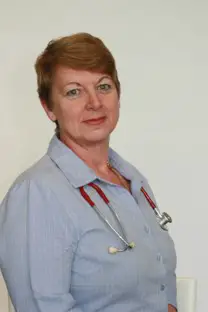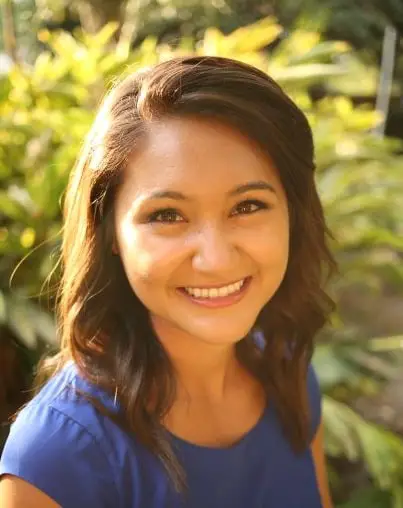Day in the life of
Licensed Clinical Social Worker – Courtney Douds

I am a psychoanalyst and couples therapist in private practice in Philadelphia, Pennsylvania. I draw on the work of Freud, Lacan, and Gottman in my work. My degree is a Masters of Social Work and a Masters of Education in Human Sexuality. After several years of working towards my license after graduate school, I am now a Licensed Clinical Social Worker in the state of Pennsylvania.
What do you do?
As a psychoanalyst, my work is aimed towards unconscious change for my patients. This means I listen carefully and without judgment to each person I see, and pay special attention to contradictions in their speech, listening for words, sounds, and themes that repeat, slips of the tongue, instances of parapraxis, and dreams they have had between sessions. Many people have awareness of the symptoms that are troubling them, but awareness itself is not enough to cause change. Through the work of psychoanalysis, patients rediscover unconscious connections, investments, and attachment to their distressing symptoms that have been repressed, which can allow them to change or sometimes eliminate the need for the symptoms that have brought them to treatment. It is my position as an analyst that my patient is the only one who can determine how they want to live their life; my role is to help them figure out what they want for themselves and the avenues they want to take to achieve it, and why this may have been unavailable for them previously.
I do my best to listen with a neutral, nonjudgmental expression to everything a patient has to say, asking questions from a place of curiosity about what is really going on for them, what they may not have heard in their own speech. Some people in psychoanalysis choose to use the analytic couch or speak by phone, so the sessions do not occur face to face and patients have less of a temptation to say things in order to please or provoke a certain response from me. As a Lacanian analyst, I also practice time variable sessions, meaning the “hour” might last anywhere from 20-80 minutes, though typically are closer to 35-55 minutes, as I aim to end sessions on a particularly significant phrase or question that leaves the patient’s curiosity open and working between sessions.
In couples counseling, I frequently work with partners who are looking to open up their relationship to other partners, or partners who are at a crisis point in their own exploration of nonmonogamy. Building open and less hostile communication between partners is often a cornerstone of this work, getting them to hear each other from a kinder, gentler place – which often needs to happen before any issues of sexuality or relationship structure are attended to. In couples work, I think of myself as a needed neutral party that can facilitate conversations between partners that have felt impossible to have together, or that have devolved into recurring fights without professional intervention.
The logistics of my day as a small business owner include making sure my website is up to date and functional, responding to rescheduling changes and requests from patients, compiling my notes after each session, marketing myself where I can, and doing my accounting at the end of each week and month. I am also required to complete around 30 hours of continuing education from approved courses, which need to be fulfilled on a 2-year cycle, so I am frequently taking classes throughout the year. As an additional piece of my analytic training, I am in supervision for my cases, having completed my own personal analysis several years ago. I take courses through the training program I am a member of, the Lacanian School of Psychoanalysis, and my coursework, supervision, and work on the Board help me to maintain a professional network, to continue learning and thinking about theory, as well as feel connected to the psychoanalytic community, as I do not have any coworkers as a clinician in private practice.
My typical day
I always knew that my goal after graduate school was to become a clinician in private practice, and I worked to get there as quickly as possible, obtaining my license as soon as I could. As my own boss, I set my own hours, and I stack my schedule according to accommodate my hobbies to the best extent I can. I spend a good amount of time marketing myself since I do not take insurance; this means that insurance companies do not send me referrals, so I have to make my work attractive to people who are looking for the type of therapy I provide.
My typical workday is anywhere from three to eight sessions, with time in between each for writing notes, and sometimes an hour break for meals. I also continue my training through my involvement as both a Candidate Analyst and Board Member of the Lacanian School of San Francisco, which includes seminars during the academic year and ongoing clinical supervision.
Pros
The pros of my job are numerous – I get to do meaningful work in a way that is not compromised by agency oversight or the constraints of insurance companies that can often limit the therapeutic treatment patients receive, and I get to set my own schedule and rates. However, as a small business owner who has a clinical degree, I also have had to learn about marketing, accounting, and time management at a much steeper learning curve.
Cons
The cons of being a therapist in private practice are the same as any other small business, too; that there are times when my income is unstable. The challenges that are unique to being a therapist, whether you are in private practice or not, is maintaining your clinical indifference, preventing the issues in your own life from having an adverse affect on the treatment you provide. This means making sure that you have been in good therapy for an extended amount of time yourself, and that you seek out excellent supervision both at the start of your career and when you are in the midst of challenging cases. If you build up a community of trusted colleagues through graduate school, agency work, or networking groups in your area, you can usually find the support you need.





